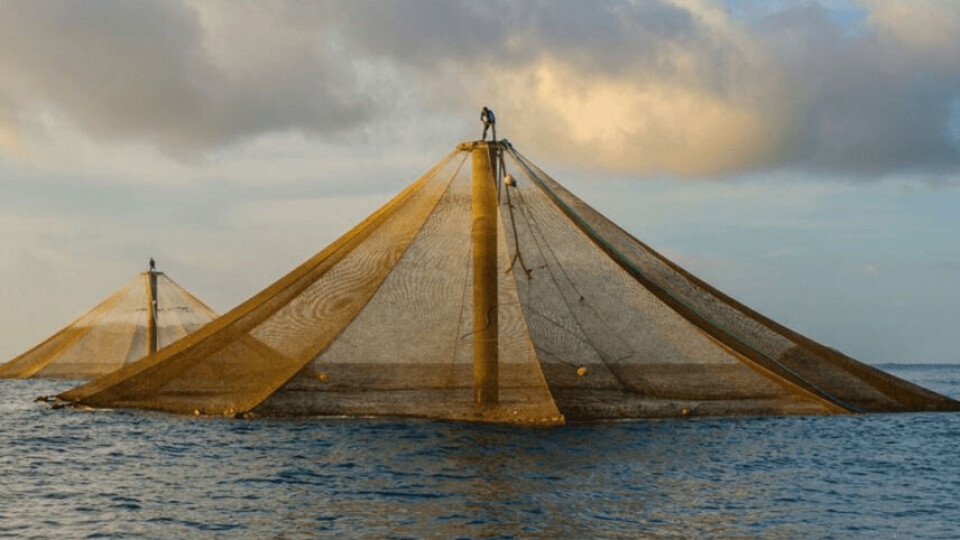
Aquaculture needed to meet US consumer demand, says wild-catch society
The American Fisheries Society (AFS) has called for a clear, predictable regulatory framework that will enable the United States aquaculture industry to grow in a conscientious, environmentally sustainable manner.
The AFS, which describes itself as the world’s oldest and largest organisation dedicated to strengthening the fisheries profession, advancing fisheries science, and conserving fisheries resources, made the call in a statement this week in which it set out its position on aquaculture.
According to the AFS, which was founded in 1870, demand for fish is expected to grow significantly in the next decade, but it is unlikely that capture fisheries can sustainably accommodate increased harvest pressure to meet this demand.
Relieving pressures on wild stocks
“Domestic freshwater and marine aquaculture present existing and emerging opportunities to sustainably address America’s ongoing dependence on imported seafood, while relieving local pressures on wild stocks and impacts on aquatic ecosystems and waterfront communities,” stated the AFS.
As well as a better regulatory framework, it wants “continued, consistent investments in research to understand effects of aquaculture development on fisheries and aquatic resources, and innovation to minimize negative environmental and social impacts of fish cultivation”.
The AFS pointed out that while seafood demand in the US had grown steadily, capture fisheries landings had not increased appreciably in 30 years.
“The anticipated impacts on wild fish populations from climate change make it less likely that wild stocks will be able to withstand additional harvest pressure,” stated the organisation.
Overreliance on imports
Enabling expansion of the marine aquaculture industry would increase domestic seafood supplies in accordance with strong environmental, food safety, and labour standards and protections.
“While finfish and shellfish culture has supported traditional communities and working waterfronts in state waters for more than a century in the US, offshore finfish aquaculture has not kept pace,” said the AFS.
“By establishing a clear and predictable legal and regulatory structure for marine aquaculture in the US, we can reduce the overreliance on seafood imports and improve seafood security with wholesome, domestically farmed seafood that minimises the environmental and social footprint of the industry on our marine habitat and resources.
“Implementation of best practices and improvements has already reduced environmental impacts substantially (e.g., reduced use of fish meal and oil in feeds, siting tools to minimise user conflicts and effects of discharge, improved biosecurity practices and strict veterinary oversight of therapeutant use), and ongoing innovation will continue to reduce the environmental footprint of fish farming.”
Wild and farmed ‘can and must coexist’
The AFS concludes that “healthy wild fisheries and responsible marine aquaculture can and must coexist if we are to feed ourselves and still fulfil our commitment to wild fish and wild places”. Read the full statement here.
The AFS’s call for clear, predictable regulation echoes that of aquaculture lobby group Stronger America Through Seafood (SATS), which wants that result achieved through a proposed Aquaculture Act.
In May, US President Donald Trump issued an Executive Order intended to simplify the country’s long and labyrinthine offshore aquaculture permitting process, which was welcomed by fish farmers.
But Executive Orders can be rescinded, and the industry wants a process enshrined in law to give long-term certainty.























































